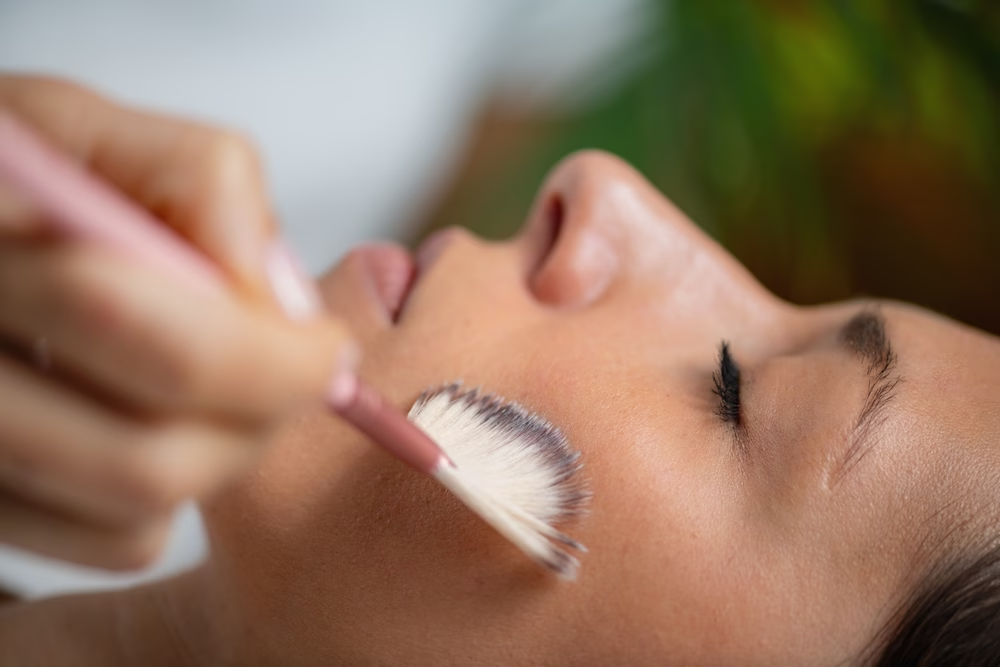Chemical peels have become a go-to treatment for everything from fine lines to acne scars, but are they suitable for everyone? If you’ve ever wondered whether your skin type can handle the resurfacing power of a chemical peel, you’re not alone. With the variety of peels available today, it’s important to understand how your skin might react — and which treatments are safe for your unique complexion.
At Essex MedSpa in Littleton, CO, Dr. Jill Sohayda leads a team that delivers advanced, safe aesthetic care. She holds a medical degree from the University of Cincinnati and is double board-certified, with specialized training in laser skin care and dermal procedures from Rocky Mountain Laser College. With her background at the Cleveland Clinic and current affiliation with Lutheran Medical Center, Dr. Sohayda provides medically guided care customized to individual needs.
Is a Chemical Peel Safe for Sensitive Skin Types?
Sensitive skin requires special attention when considering exfoliation treatments. Chemical peels can still be safe, but only when selected and applied by a trained provider like Dr. Sohayda.
Some lighter peels, such as those with lactic or mandelic acid, may be gentle enough for those with sensitivity. However, the following precautions should always be taken:
- Consultation is essential: An in-person skin evaluation can determine what type of peel is safest for your needs.
- Avoid harsh peels: Deeper peels or those containing phenol may not be appropriate.
- Watch for reactions: Redness and stinging are common but should not be prolonged.
Sensitive skin can benefit from safe exfoliation when protocols are carefully followed and the right formulas are used.
Best Chemical Peels for Dark Skin
For patients with darker skin tones, selecting the right peel is important to minimize the risk of post-inflammatory hyperpigmentation (PIH). A retrospective study published in the Journal of the American Academy of Dermatology found that superficial chemical peels had a low complication rate when performed in a standardized manner. Here are some peel options that may suit deeper skin tones:
- Glycolic acid peels: They can brighten and refine tone when used in low concentrations.
- Mandelic acid peels: A gentler alternative that reduces acne and discoloration.
- Customized light peels: Often used for melasma or uneven pigmentation.
Choosing the right peel based on your Fitzpatrick skin type — an established system that classifies skin by how it reacts to sun exposure — can lower the risk of side effects and improve your overall outcome.
Who Should Avoid Chemical Peels?
While many people can safely receive peels, some may need to avoid them due to medical or skin-related conditions:
- Active skin infections: Open wounds or infections should be treated first.
- Recent isotretinoin use: This acne medication may increase skin sensitivity.
- Severe rosacea or eczema: Conditions like these may flare with exfoliation.
If unsure, consulting Dr. Jill Sohayda will help determine the right course.
Let Essex MedSpa Guide Your Skin Journey
When it comes to chemical peels for all skin types, Essex MedSpa offers professional-grade treatments tailored to your complexion. To learn if you’re a candidate for safe skin rejuvenation, call (303) 973-3683 and schedule a personalized consultation today.

